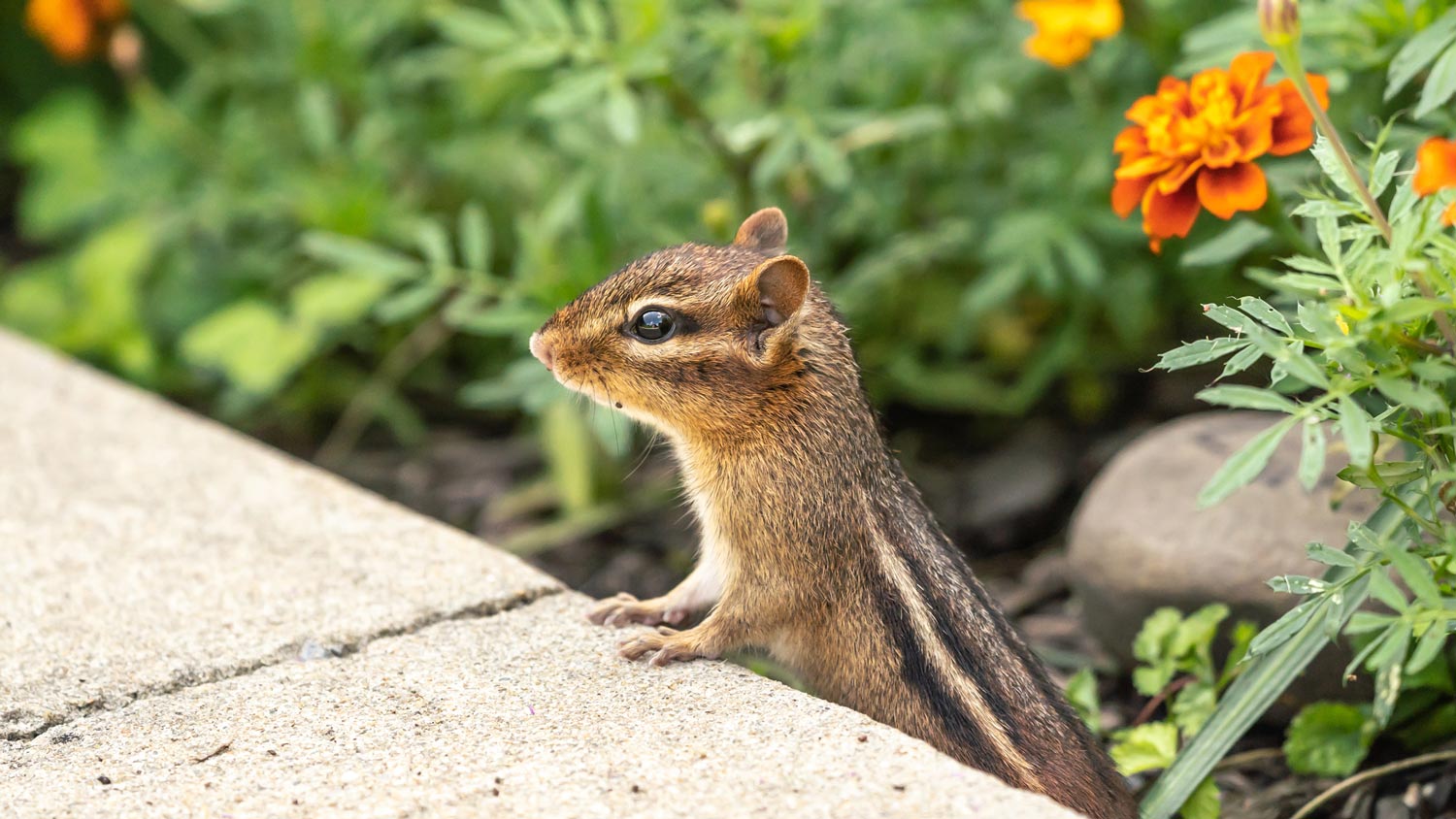7 Side Effects of Using Pesticides in Your Garden
There are fates worse than pests


Chemical pesticides can harm humans and pests.
Chronic pesticide exposure can have long-term adverse effects.
Pesticides can harm wildlife, pollinators, and the environment.
Chemical and systemic pesticides are affecting biodiversity.
There are effective natural alternatives to chemical pesticides.
Pests are truly the bane of a gardener’s existence, munching greedily and destroying crops before there’s ever a chance to harvest. While they’re irritating, to say the least, pesticides may open a whole new can of worms. Here are the most concerning side effects to consider before you use them.
1. Pesticides Can Have Harmful Side Effects on Humans
Using chemical pesticides may inflict residual harm on the humans who hang out near or eat from your garden. According to the U.S. Environmental Protection Agency, pesticide exposure can affect the nervous system, or the hormone and endocrine systems in the body. Some may even be carcinogenic, while others can irritate the skin and eyes.
Around the home, poisons for bugs and pests are also poisonous to humans. Boric acid, for example, can cause irritation and gastrointestinal issues. Certain poisons can even be life-threatening.
2. Pets Can Get Harmed From Pesticide Exposure
Using household poisons or certain garden and lawn pesticides don’t just harm humans—some can harm your pets, too. Tromping, sniffing, and curious licking may cause insecticide and pesticide residue to rub off or get ingested. Household poisons can also poison your pets if they prey on affected creatures.
Depending on the level of toxicity, a wide range of pesticides can cause serious illnesses or even be fatal to pets. To stay on the safe side, never use poisonous chemicals in areas your furry friends can access, and always research what you’re using before application.
3. Bugs Sprays Can Have Sublethal Effects on the Body
Seemingly mild products such as bug spray can have adverse side effects like fatigue, headaches, nausea, and irritation. As a general rule, fully research the products you use and weigh the pros against the potential cons.
4. Chronic Pesticide Exposure Can Have Long-Term Effects
Constantly breathing in and exposure can lead to pesticide poisoning over time. According to one study in the journal PLOS ONE, researchers found that prolonged pesticide exposure can negatively impact blood cells and electrolytes. In addition, it caused serious long-term damage to the kidneys, liver, and peripheral nervous system.
5. Pesticides Can Harm Wildlife

Pesticide use carries extensive risks to wildlife in all areas of the world, whether by direct or indirect contact. For a wide range of species, exposure to pesticides has been linked to adverse effects.

Harmful pesticides can drift, get carried and ingested through prey, leech into water sources, or even get sprayed on animals. Along with the direct health impact, side effects can also impact the animal’s ability to survive and reproduce in the wild. This can seriously impact biodiversity, causing devastating long-term effects on the environment.
6. Pesticides Risk the Pollinator Population, Too
Spraying pesticides doesn’t just harm the insects you don’t want. It can hurt bees and other important pollinators, sometimes even killing them on the spot. Without bees, flies, butterflies, birds, and other important pollinators, there eventually won’t be any crops to protect.
7. Systemic Pesticides Can Have Long-Term Adverse Effects on the Environment
Often used in large agricultural operations, systemic pesticides work from the inside-out to deter pests from money-making crops. However, this efficiency and profitability come at the expense of the environment. These pesticides can stay in the soil for years, poisoning plants and pollen—potentially killing pollinators.
Cultivating a Pest-Free Home and Garden Without Pesticides
Avoiding harmful pesticides doesn’t mean you have to watch your home and garden get ravaged by pests. There are many organic pest control alternatives to keep them away. Homemade insecticides like vinegar and dish soap can also control garden pests. Physical traps and preventive maintenance can help keep your home pest-free.
With patience and dedication, you can control pests without the use of harmful chemicals. There’s simply too much at stake.





- Landscapers
- Tree Surgeons
- Gardening Services
- Landscape Architects
- Sod Installation
- Tennis Court Contractors
- Landscape Design
- Retaining Wall Companies
- Grading Companies
- Landscape Rock & Sand Delivery
- Mulch Delivery Services
- Pond Companies
- Artificial Grass Companies
- Shrub Removal & Trimming
- Backyard Design Companies
- Commercial Landscaping
- Koi Pond Services
- Backyard Landscapers
- Trampoline Assembly
- Hedge Trimming
- Pond Services
- Garden Design
- Outdoor Plant Watering
- Putting Greens
- French Drains
- Turf Installation
- Sod Removal Services
- Lawn Repair Services
- Brush Chipping Services
- Hardscape Contractor
- Landscape Rock Removal
- Why You Shouldn't Let Your Pets Near Lawn Pesticides
- The Risks and Benefits of Bed Bug Pesticides
- The Truth About 12 Popular Garden Myths, From Plants to Soil
- 5 Painless Pest Control Tips for Spring
- DIY Pest Control: The Best Methods to Try (and When to Call a Pro)
- How to Recognize the Side Effects of Bug Spray
- 13 Summer Landscape Tips That’ll Keep Your Grass Green and Plants Thriving
- 10 Tips for a Pest-Free Home in the Winter
- Should I Clean the House After Pest Control?
- 14 Natural Remedies for Garden Pests















